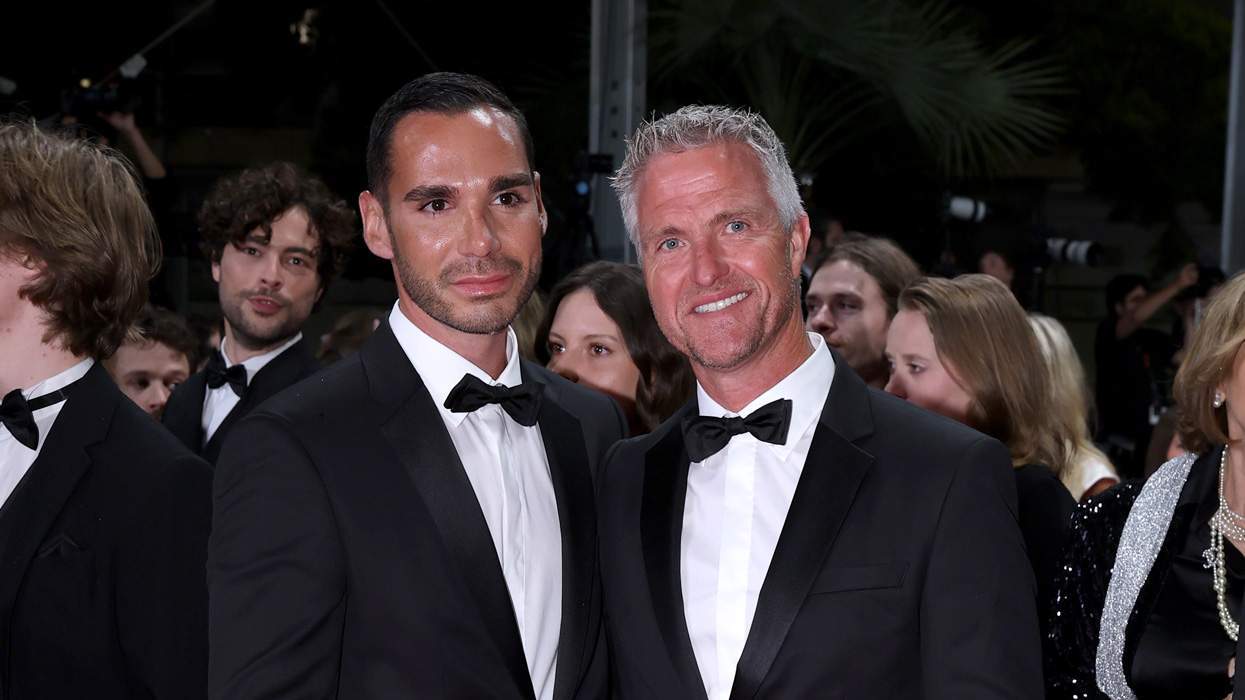My fellow millennials, we're already a relic of the past. Gone are our days of defining the zeitgeist. Pack it up. Show's over. Nothing to see here. Because the upcoming legendary children, as Vice so gingerly puts it, are queer as fuck.
A new study by trend forecasting agency J. Walter Thompson Innovation Group found that only 48 percent of 13-20-year-olds identify as "exclusively heterosexual," compared to 65 percent of millennials aged 21 to 34.
Vice reports:
On a scale of zero to six, where zero signified "completely straight" and six meant "completely homosexual," more than a third of the young demographic chose a number between one and five, indicating that they were bisexual to some degree. Only 24 percent of their older counterparts identified this way.
When it comes to gender, over a third of Generation Z (as I guess we have to call them now) strongly agreed that gender did not define a person as much as it used to--only 28 percent of millennials felt similarly. Over half, 56 percent, of Gen Z said that they knew someone who went by gender neutral pronouns such as "they," "them," or "ze," compared to 43 percent of people 28 to 34.
Gen Z's perspectives on gender also extends to their wardrobe. Whereas 54 percent of millennials always bought clothes designed for their own gender, that number drops to 44 percent when it comes to teens. They also overwhelmingly support gender neutral bathrooms, with 70 percent in favor, versus 57 percent of millennials.
But for kids these days, embracing a queer identity while rejecting the gender binary is less a trend and more a reflection of growing up in a world with unprecedented access to information and communities, at a time when the concept of identity is open to interpretation.
And how great is that? While I often question the taste level of today's teens--back in my day, we had faces--I take comfort in knowing that they're much less hung up about gender and sexual orientation than my generation, and the generation before, and before that. It's called progress. And try as they might, no one can stop the inexorable march of progress.
Read more about the study at Vice.






























I watched the Kid Rock Turning Point USA halftime show so you don't have to
Opinion: "I have no problem with lip syncing, but you'd think the side that hates drag queens so much would have a little more shame about it," writes Ryan Adamczeski.